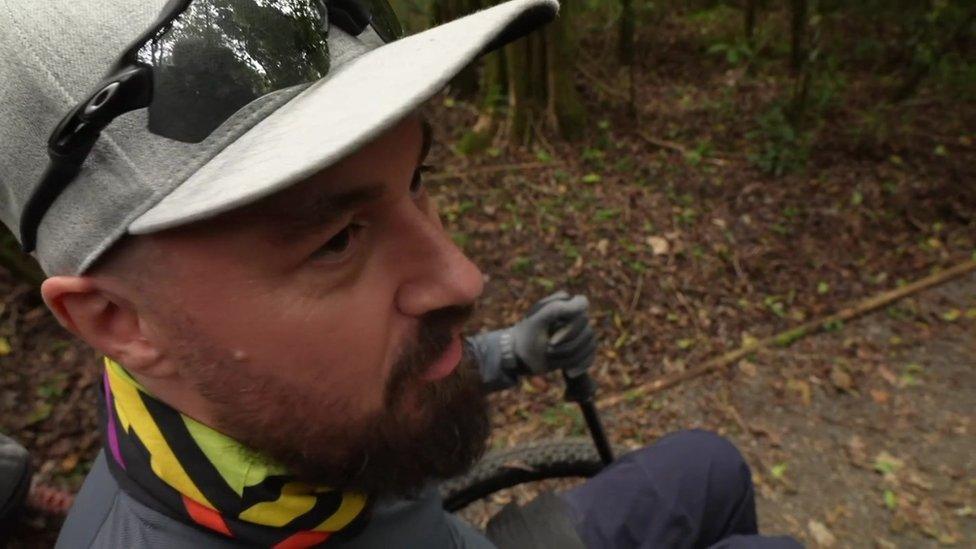Manchester Arena survivor scattered victim's ashes
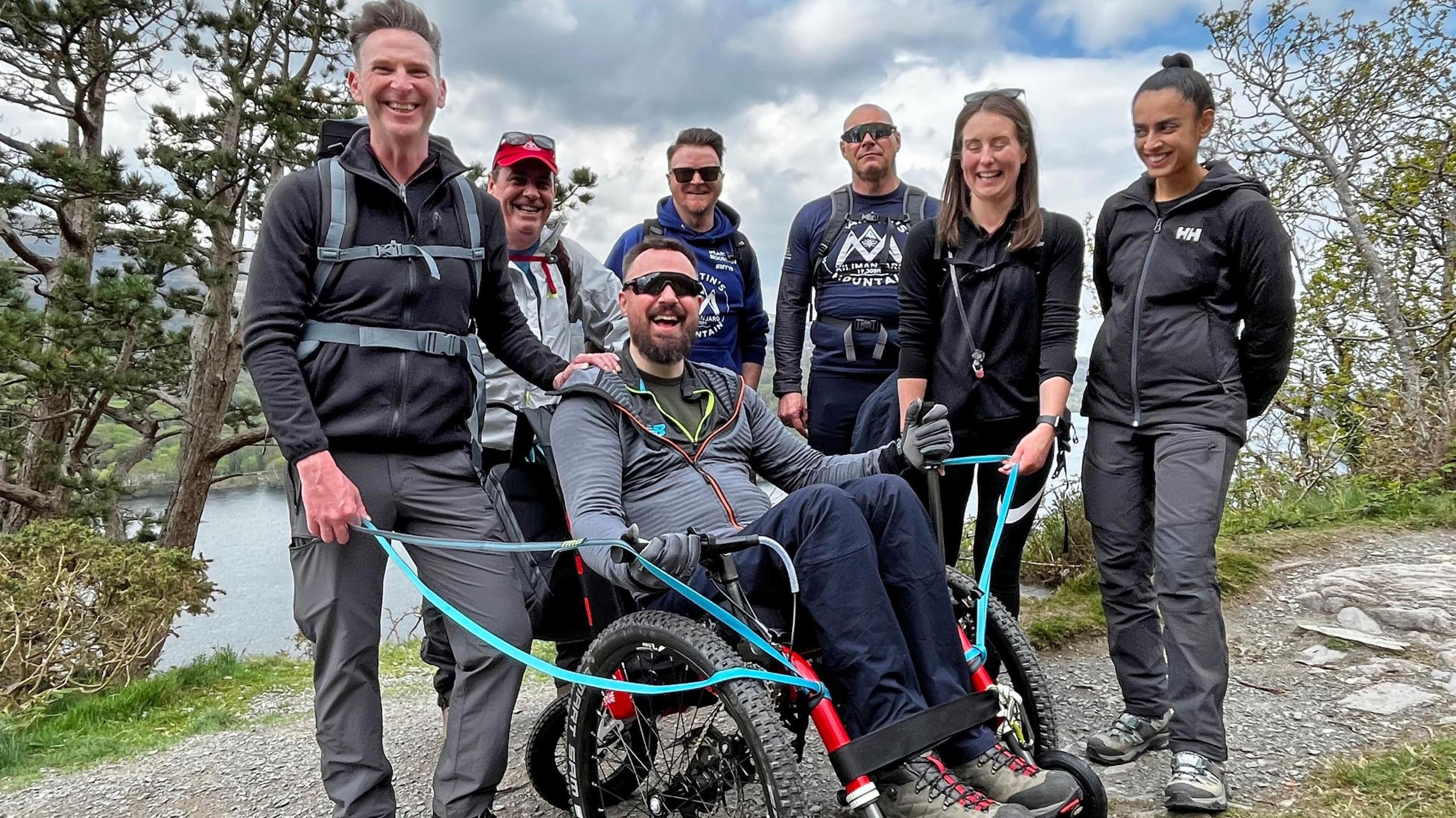
Martin Hibbert climbed the mountain to raise money for a spinal injury charity
- Published
A Manchester Arena bomb survivor has said scattering the ashes of one of the victims at the summit of Mount Kilimanjaro was "a very, very special moment".
Martin Hibbert was left paralysed from the waist down after the attack in 2017.
He climbed Africa's highest peak in 2022 for charity using an adapted wheelchair, and once at the top, scattered the ashes of 15-year-old Olivia Campbell-Hardy, along with those of his recently deceased mother.
"I knew having their ashes that nothing would stop me," he said.
Olivia, a talented singer from Bury, was one of the twenty-two people killed in the terrorist attack at the Manchester Arena.
Mr Hibbert told BBC Radio Manchester her mother and step-father, Paul and Charlotte Hodgson, allowed him to take her ashes to the summit when completing the challenge.
They told him their daughter always wanted to travel, so friends and family had spread her ashes around the world, he said.
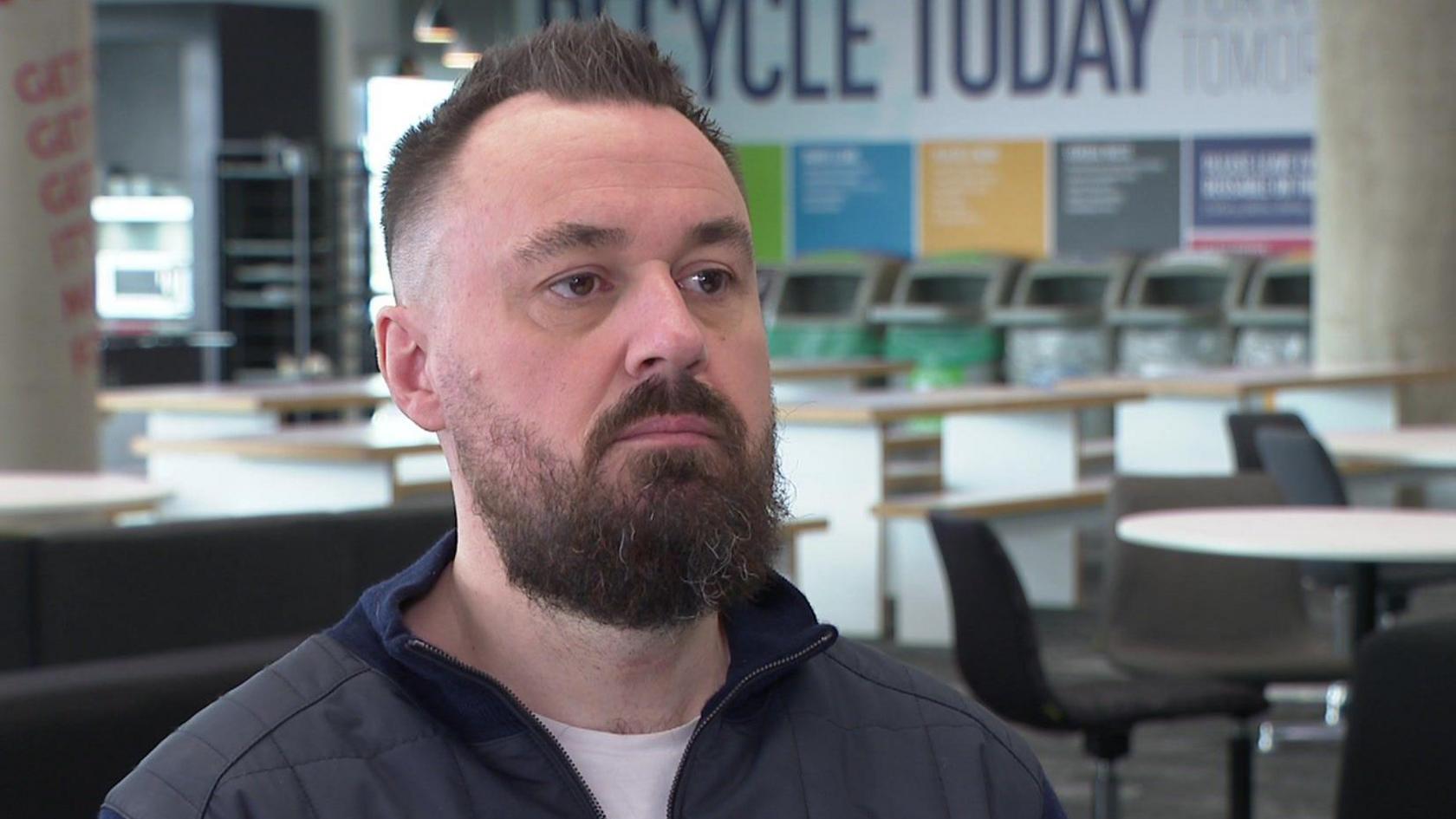
Manchester Arena attack survivor Martin Hibbert completed the challenge in 2022
Mr Hibbert's daughter Eve was also severely injured in the blast caused by Salman Abedi when he detonated his homemade bomb in the foyer of the arena.
The terrorist attack was intended to "separate, and to create hate, and divide", Mr Hibbert said.
"And I've always said you can't do that in Manchester, you cannot divide Manchester.
"If I don't get out of bed they win. If I don't do the things that I am doing they win. So I use it as a motivator to get up and live my life to the full everyday."
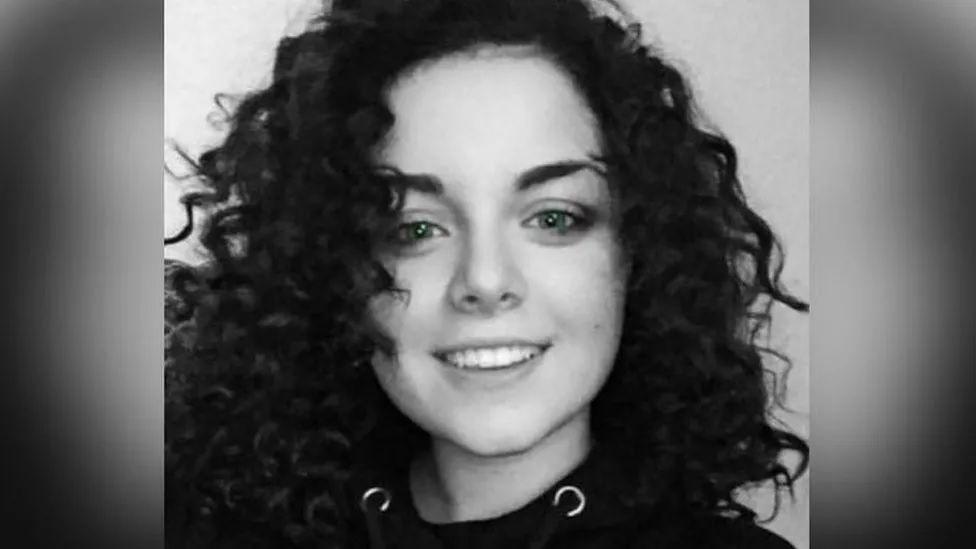
Olivia Campbell-Hardy's ashes were scattered by Martin at the top of the mountain
Mr Hibbert, from Tong Moor in Bolton, has released a book detailing his experience of the attack which caused him a "life changing, but not life ending" spinal injury.
The book talks about his recovery, and the journey to climb Mount Kilimanjaro.
He reached the top in an adapted wheelchair while raising money for the Spinal Injuries Association.
Writing the book was "very cathartic", but "I had to revisit some really tough times", he said.
"I've never been angry, because that's what they want, and I am certainly not going to have terrorists telling me what to say and what to think.
"They don't want me climbing Kilimanjaro and reflecting positivity.
"It was an awful night but I want it to be a catalyst for change and spread positivity and love."
Listen to the best of BBC Radio Manchester on Sounds and follow BBC Manchester on Facebook, external, X, external and Instagram, external? You can also send story ideas to northwest.newsonline@bbc.co.uk, external
Related topics
- Published24 April 2023
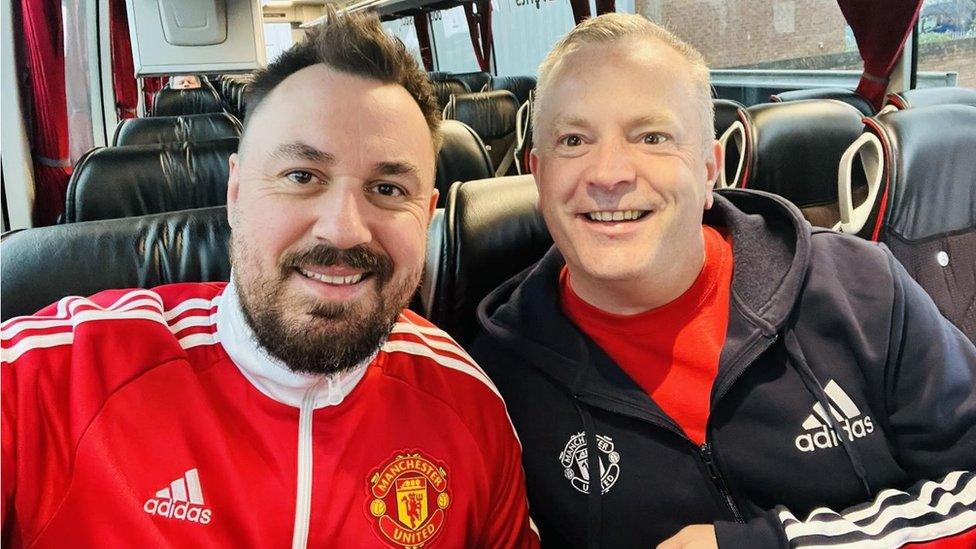
- Published8 November 2023
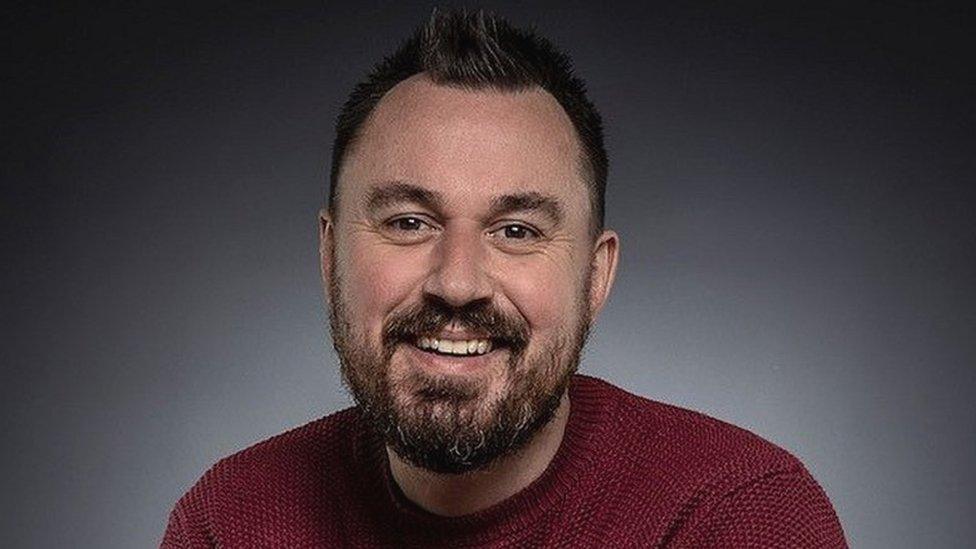
- Published13 June 2022
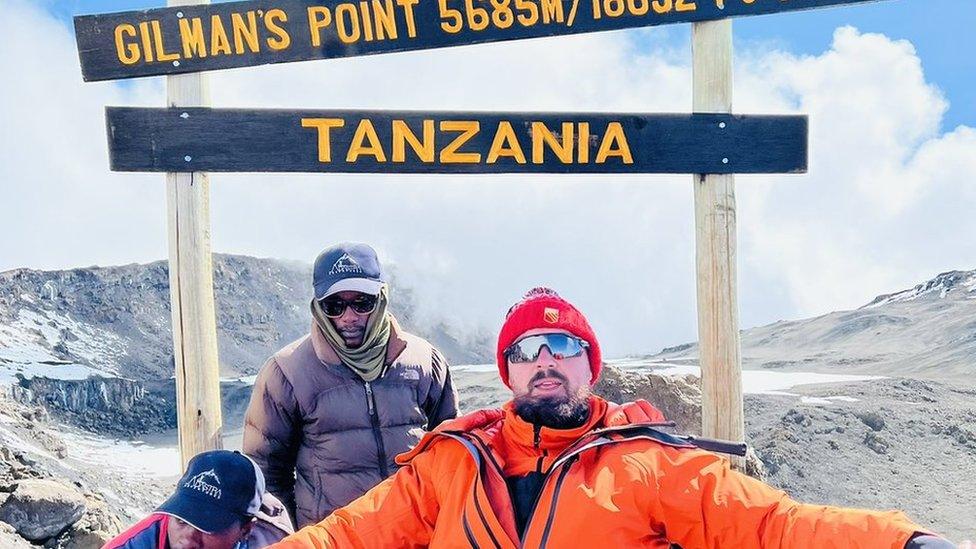
- Published8 June 2022
